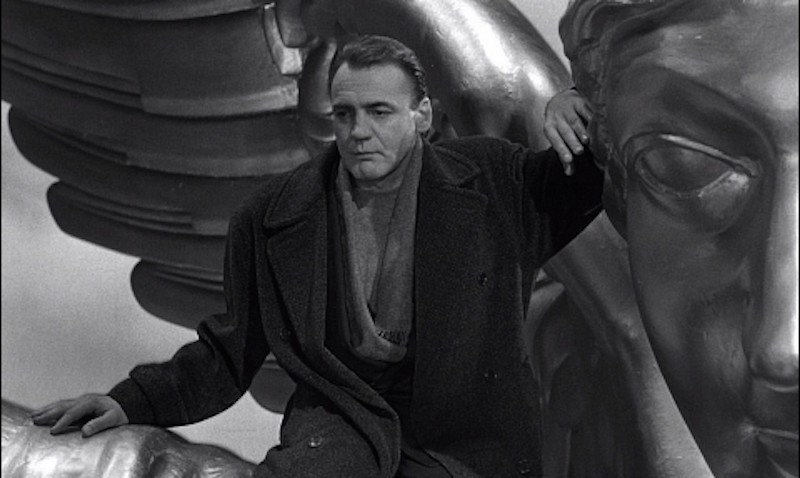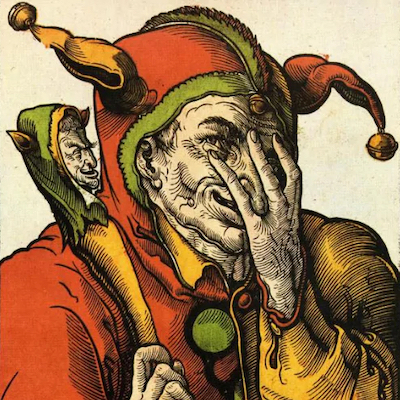What do you do?

I've always cringed a little (sometimes a lot) when asked the question "what do you do?" This is partly due to long periods of my life when I actually did very little — I was unemployed, careerless, in some low-paid job, just getting by. But also, when I did finally begin to craft a place in the world where I felt I could add value, it was never easy to explain in a simple answer, such as I am a doctor, I am a zoo keeper, photographer, writer, porn star. Whatever. If I was working I'd be doing some quirky publishing project, or employed by some obscure government agency or NGO, helping people (like me!) find work and a place in the world. Hardly compelling dinner conversation.
Because of my years of idleness, my directionless existence I always felt awkward in educated company, or in a room full of successful people. I was neither educated nor successful. I wasn't able to engage (or bore) people with the details of my chosen career.
I would feel attacked by the question, as if the asker was somehow trying to catch me out, expose me, or maybe just neatly categorize me, put me in a convenient box. The question rarely led to any kind of meaningful dialog, and I frequently felt as if I was being asked to justify my existence, fit into the group, be identifiable.
Things got easier for a while when I became a software engineer. I now had a category, an easy response. It didn't improve the engagement though. Other software engineers just wanted to talk about the merits of various languages, core dumps and Microsoft. The artist types just looked at me in pity.
And then it got worse. I started to practice this weird thing known as Scrum. Back into the uncategorizable zone, big time. Occasionally I'd respond with the cute answer, "I don't do, I be." But that has limited mileage, and I soon tired of being a smartass. So for years I just mumbled my way through the question and tried to steer the subject away from work. Tough to do though, especially in a career-and-success-oriented culture like Silicon Valley.
A few months ago I was at a Franchise for Humanity conference in Palo Alto with a bunch of people I'd never met before — extremely smart people, innovators, leaders in the fields of environmental science, health, education. Once again I felt out of place, out of my depth. I had a few of those "What do you do?" questions, and I'd mumble something about coaching, or team facilitation and it sounded like an excuse. I felt bored and fell back on judgment. I felt less than, so I looked to criticize in order to feel greater than. In my fear I was quickly creating my own private hell. And I had two days of this to get through.
And then an angel appeared.

A man at my table during one of the breakout discussions asked me this: "during daylight hours, what problem do you try to solve?" I looked at him, a small unassuming man in his mid-to-late 50s, wearing a casual suit. Not hip, not good looking, nothing especially noticeable about him — except that question.
I felt a lightening of my spirit. "I try to solve the problem of engagement" I replied. Now that felt real. This wasn't about what I did, it was about my purpose. That was what had always been missing in the stock question. This man wasn't trying to categorize, he was genuinely curious. His question opened a door of possibility. It led us into a dialog about how people show up in the world, especially at work, how process, procedure, funding and quality standards (sic) crush our ability to genuinely engage, human to human. It led us into connection.
My friend gave a talk later in the day, his focus was on how modern management has crushed creative leadership in universities, how our focus is on short term goals in an environment which has the luxury, indeed, the responsibility, for visionary thinking. His personal goal, his purpose, was to untangle that mess and resurrect meaningful leadership in our universities. He himself was the ex-dean of studies (arts and literature) at one of the major east coast universities. And I didn't feel less than him. I felt equal to. It just took the right question.
Palo Alto, 04/03/2015 comment
